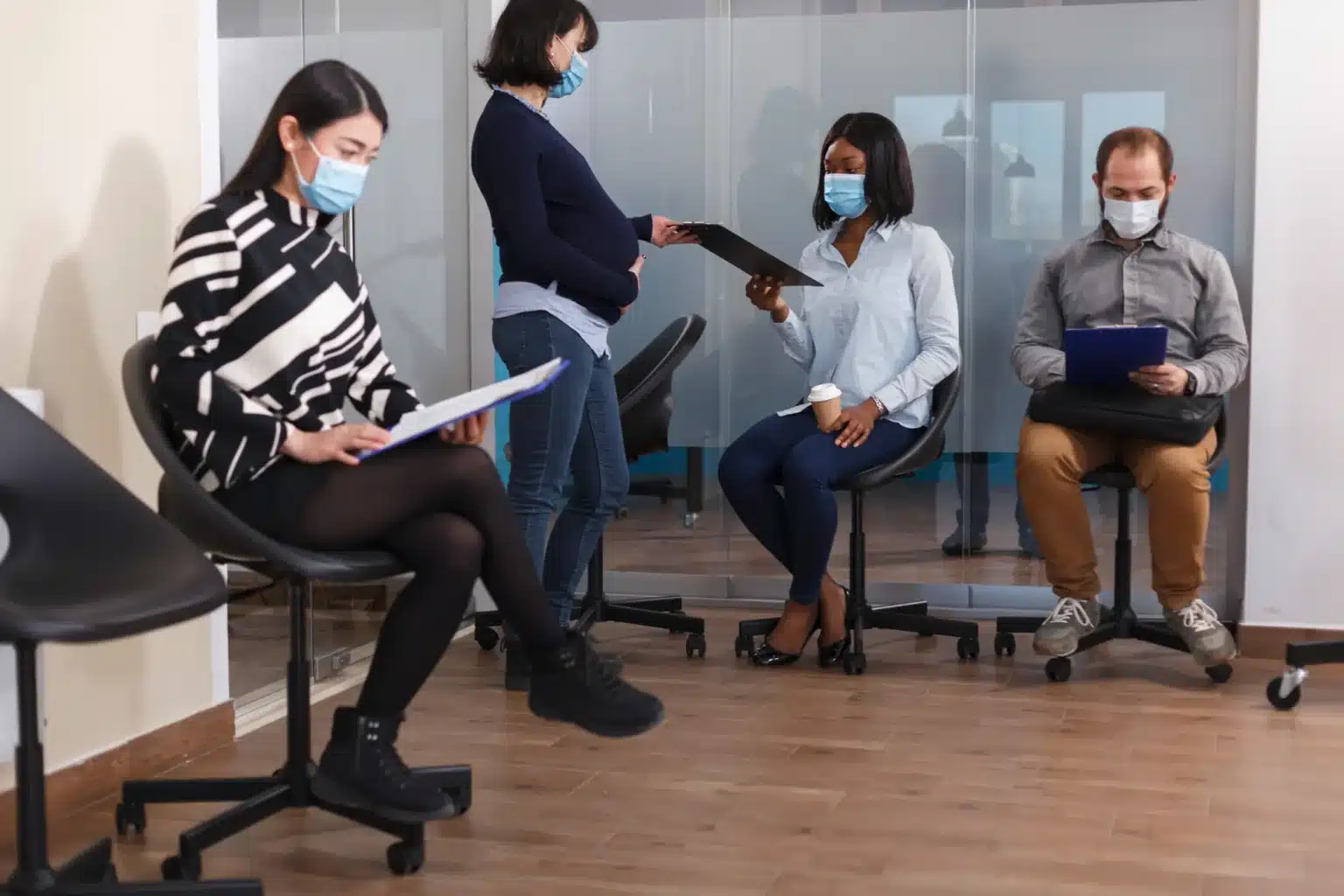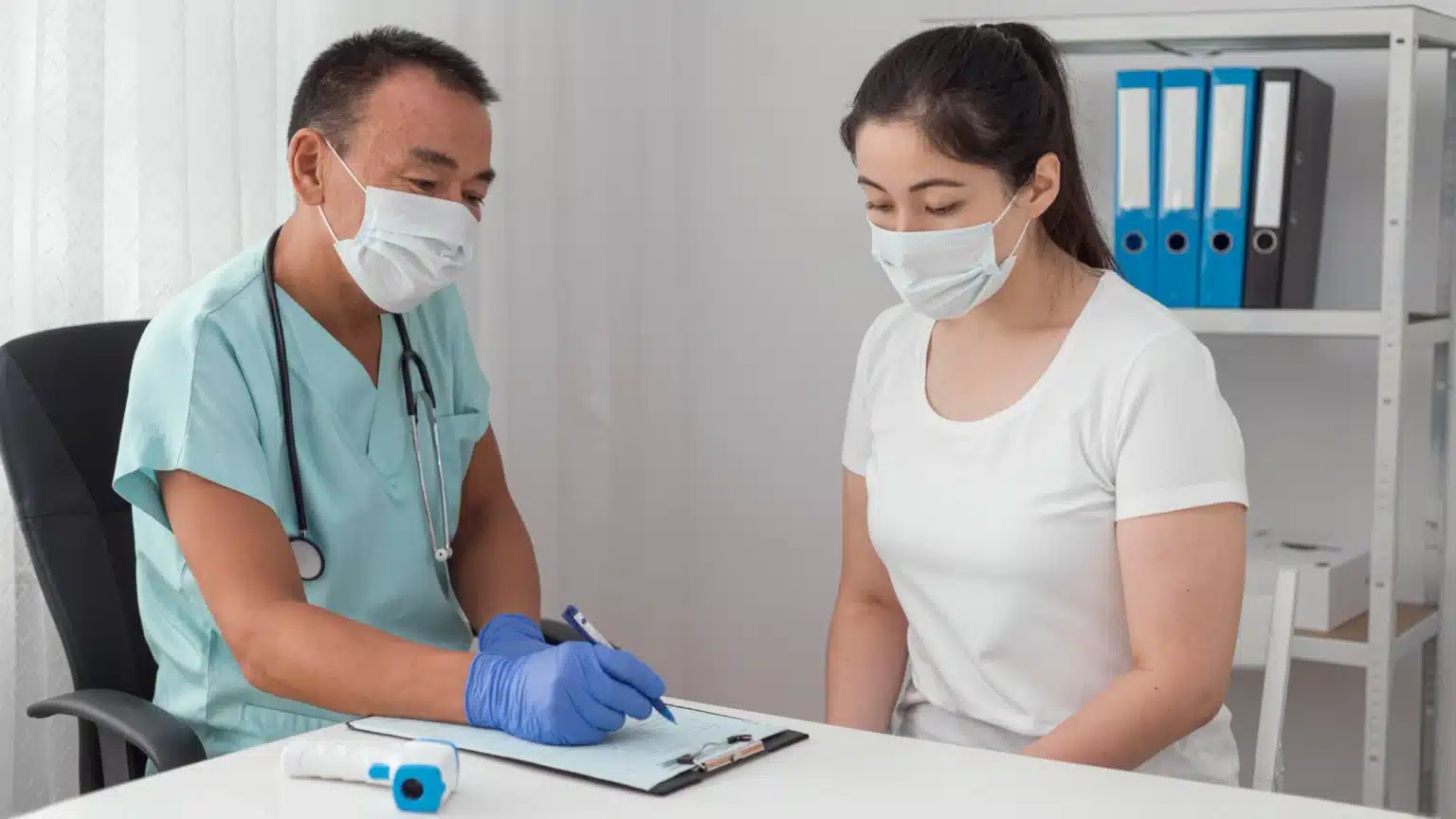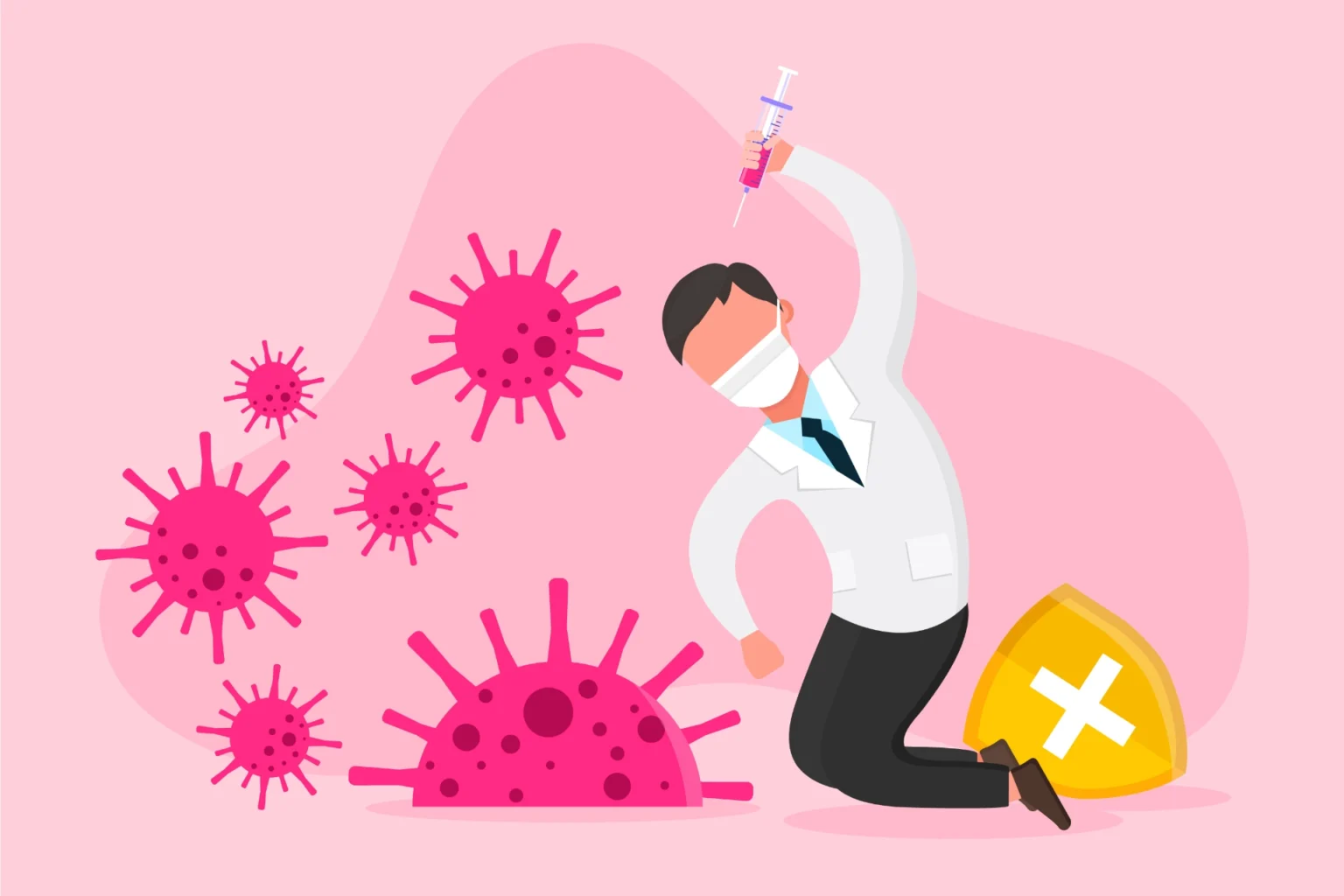Shingles, a painful viral infection, poses a significant risk to adults over 50. Caused by the reactivation of the varicella-zoster virus (the same virus responsible for chickenpox), shingles can lead to severe complications like postherpetic neuralgia (PHN), a chronic nerve pain that can last months or even years after the rash clears.
Why Does Age Increase the Risk of Shingles?
As people age, their immune systems naturally weaken, making it harder to fight off dormant viruses like varicella-zoster. Once reactivated, this virus travels along nerve pathways, causing pain, blisters, and inflammation. Adults over 50 are particularly vulnerable to these painful outbreaks, and the likelihood of developing shingles increases significantly with age. In fact, nearly 1 in 3 adults will experience shingles in their lifetime, and the majority of those cases will occur after the age of 50.
Shingrix: The Vaccine for Adults Over 50
Health experts strongly recommend that adults aged 50 and older get the shingles vaccine, specifically Shingrix, to protect themselves against the disease. Shingrix has been shown to be more than 90% effective in preventing shingles and its complications, including PHN. Unlike the previous vaccine, Zostavax, Shingrix offers longer-lasting immunity and is effective even for those who have already had shingles or are unsure if they’ve had chickenpox.
The vaccine is administered in two doses, with the second dose given 2-6 months after the first. Though some may experience mild side effects, such as soreness at the injection site, fatigue, or mild flu-like symptoms, these effects are temporary and minor compared to the potential suffering caused by shingles.
The Cost of Not Getting Vaccinated
Failing to get vaccinated can lead to significant health consequences. While shingles itself is painful, the complications can be even more debilitating. PHN can lead to months of nerve pain, significantly impacting one’s quality of life. In rare cases, shingles can lead to vision loss (if it affects the eye), hearing problems, or even inflammation of the brain.
Who Should Get Vaccinated?
Adults 50 and older: Anyone in this age group should prioritize getting vaccinated, regardless of whether they remember having chickenpox.
Those who’ve had shingles before: Even if you’ve already had shingles, the vaccine can prevent future outbreaks or reduce the severity of symptoms.
Those who are uncertain about their chickenpox history: Since 99% of adults over 40 have been exposed to varicella-zoster, it’s safe to assume the risk exists for most.
Conclusion
For adults over 50, the shingles vaccine is a critical measure in preventing both the painful rash and its potential complications. With the high efficacy of Shingrix and the serious risks posed by shingles, vaccination offers peace of mind and protection for years to come.
Source: Best Care







 Anti-Rabies Vaccine (Pre-Exposure)
Anti-Rabies Vaccine (Pre-Exposure)

